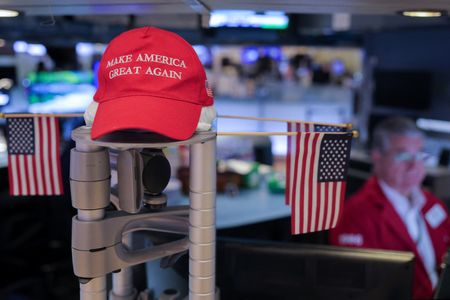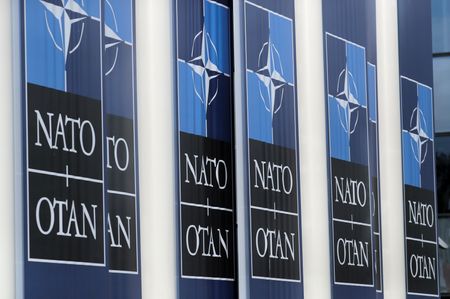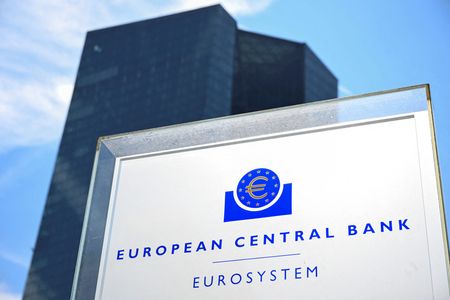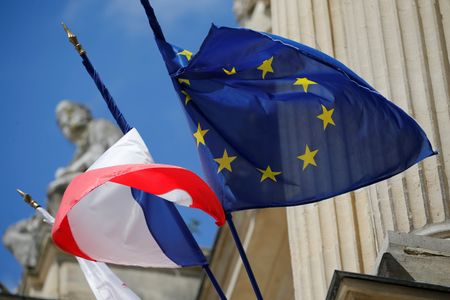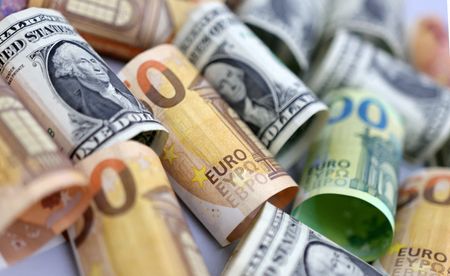(Reuters) – Donald Trump will issue a broad trade memo on Monday that stops short of imposing new tariffs on his first day in office but directs federal agencies to evaluate U.S. trade relationships with China, Canada and Mexico, an incoming Trump administration official said, an unexpected development that triggered a dive in the dollar and a rally in global stocks.
President-elect Trump, who takes office at noon EST (1700 GMT), has promised to impose steep tariffs of 10% to 20% on global imports into the U.S., 60% on goods from China to help reduce the U.S. trade deficits that now top $1 trillion annually.
He said after his election in November that on his first day in office, he would sign the paperwork to impose an immediate 25% import surcharge on imports from Canada and Mexico if they failed to halt the flow of illegal migrants and illicit drugs into the U.S.
Such duties would tear up long-standing trade agreements and threaten to upend supply chains and raise costs, according to trade experts.
The official, confirming a Wall Street Journal report that cited a summary of Trump’s memo, said the new president will instead direct agencies to investigate and remedy persistent trade deficits and address unfair trade and currency policies by other nations.
The memo will single out China, Canada and Mexico for scrutiny but will not announce new tariffs, the official said. It will direct agencies to assess Beijing’s compliance with its 2020 trade deal with the U.S., as well as the status of the U.S.-Mexico-Canada Agreement, or USMCA, the official said.
The U.S. dollar slumped broadly on the news against a basket of major trading partners’ currencies, with particularly large upswings in the euro, Canadian dollar, Mexican peso and Chinese yuan. MSCI’s measure of global stock markets rose. U.S. financial markets are closed for the Martin Luther King Day holiday.
Washington has been rife with speculation among industry groups in recent weeks on which tariffs Trump might impose immediately, including through the International Emergency Economic Powers Act.
But the forthcoming trade memo signals a more methodical approach that would likely involve trade investigations under other legal authorities such as the Section 232 national security trade law and the Section 301 unfair trade practices statute. Trump invoked these laws during his first term, and probes on steel and aluminum and Chinese imports took months to complete.
(Reporting by Steve Holland, Rami Ayyub, Doina Chiacu, David Lawder and Andrea Shalal; Editing by Toby Chopra and Daniel Wallis)



